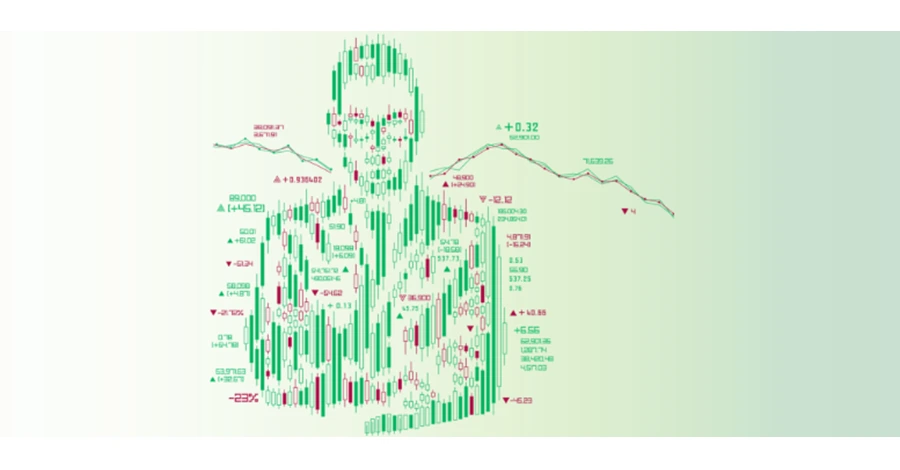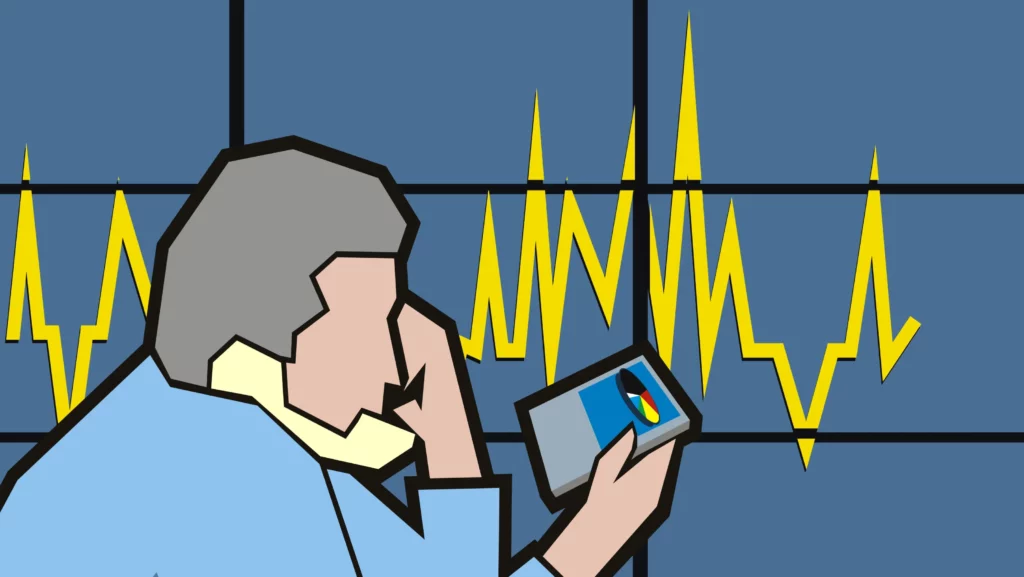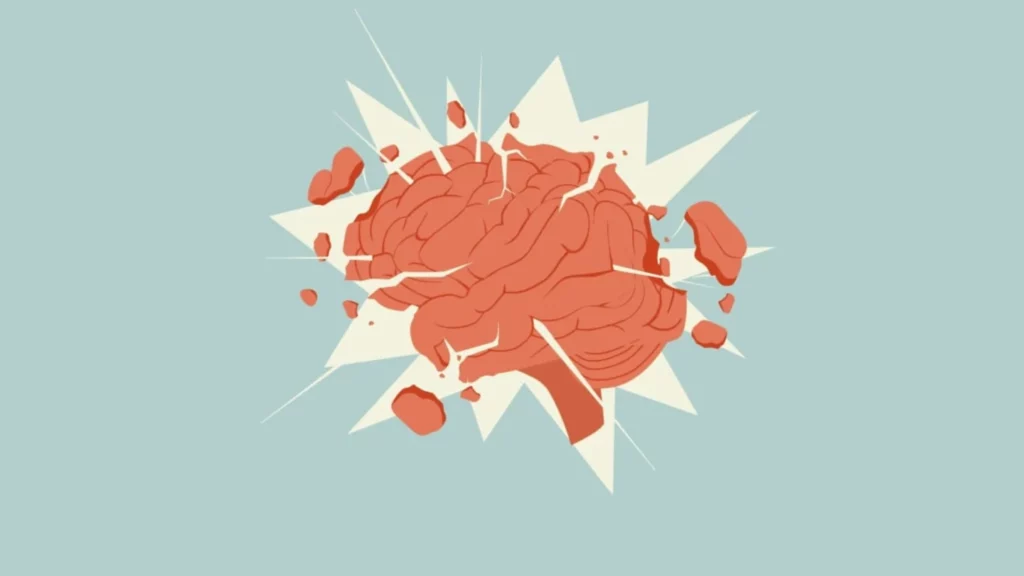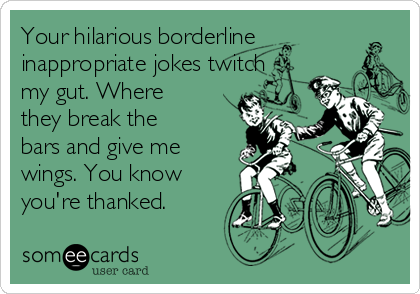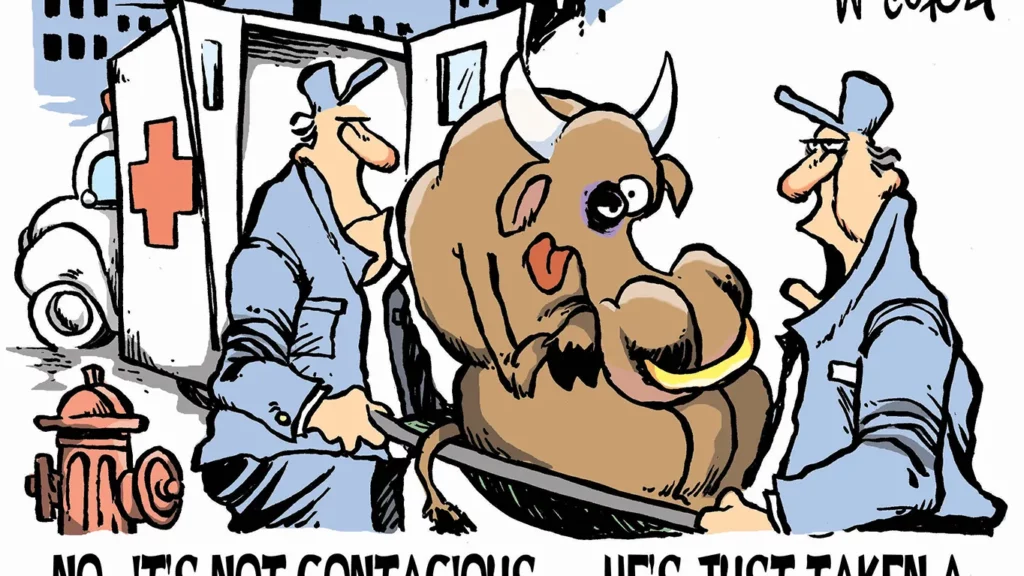One of the most emotionally taxing situations to deal with is losing something. Your identity and means of support are at stake if you are a professional trader who is actively trading. When you trade part-time, it might be difficult to fund your account from your regular income while also wondering when you’ll be able to recover your losses. You may struggle to cope with feelings of loss, remorse, and dread depending on your personality and previous market experience. You won’t be able to resume your original course of action, though, unless you learn to regulate your emotions.
Some traders become extremely remorseful when they experience a significant downturn. When we violate a personal moral code, we feel bad. Almost anyone can feel bad after losing money. We wish to follow the guidelines that our parents and teachers instilled in us, many of them stressed the importance of working hard and saving money. Risking money is a requirement of short-term trading, and for many people, risking money seems to go against their upbringing. For instance, the initial response from many inexperienced traders when they tell their loved ones they’re going to start actively trading short-term is “You’re going to lose your money.”
They say it as if inexperienced traders are seriously screwing up. So, if you want to end up with enormous gains, you’ll have to put money at risk, and it’s likely that you’ll lose a lot of it before you learn the skills you need to trade well in a range of market circumstances.
Do you anticipate financial loss? Yes. Is it unethical morally? not from a trader’s point of view. It’s critical that you recognise and alter the underlying assumptions that underlie your guilt. But the first thing you must decide is whether your guilt is justified. We can be shielded by guilt. Having a lot of losses that are difficult to recover is not a smart idea. You will naturally feel bad if you trade funds that you just can’t afford to lose or will find it extremely difficult to repay. Making sure that your losses are fair and only a brief setback is crucial. Or, if the losses are due to a lack of skill, make sure you have a backup plan to quickly replace your losses.
Make sure you can readily replace your losses from another source of income, such a second employment, if the losses are the result of a lack of skills. If it truly indicates losses that may permanently jeopardise your financial security, it will be difficult to restrain guilt.
It’s helpful to consider any potential assumptions that may underpin your guilt if you find that you can truly afford to take trading losses but still feel sorry. One explanation is that you might have been taught that money is sacrosanct and that risking and losing it for any purpose is immoral. This is a common misconception, but if you want to actively trade, you need to alter your perspective on money. A serious trader views money as nothing more than a tool for making more money. It is merely one of the tools you need to properly trade. Consider it more like “points” that you use to keep score of how well you are performing rather than “money.”
The drive to be perfect is a second underlying premise that causes guilt. You can feel guilty because you think you should avoid making mistakes in trading or suffering losses. If you do, you might think that you are a “bad” person or insufficient. It’s critical to refrain from becoming upset when you lose.
Losses are a common occurrence in trading. Losses may build if you are a beginning trader, but that doesn’t make you a “bad” person.
You may be an inexperienced trader if you haven’t yet acquired the necessary trading skills, but you aren’t a horrible person or insufficient. Additionally, if you are an experienced trader experiencing a large drop, you might feel bad about something that wasn’t your fault.
It’s possible that what you’re going through is only a brief shift in the market. Although you might need to adjust your strategy, this does not imply that you are unqualified. Simply put, it suggests you need to look into other possibilities. Guilt is not helpful. You dwell on how awful things are when you feel guilty. However, when you are actively dealing, there is no time for reflection. It does nothing. You need to aggressively address the issue if you want to stay ahead of the pack. Guilt prevents you from freely looking for original, novel trade solutions, which you need to do.
Sometimes guilt can serve as a form of protection, but when we trade, we frequently feel bad about the losses that come with the territory. It’s critical that you understand how to manage unproductive guilt if you experience it. The more quietly and freely you can trade, the more money you’ll make.


